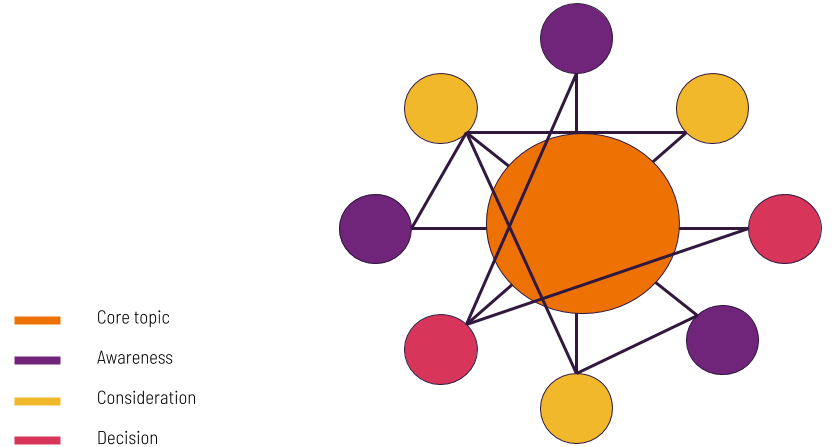Today I talk to the Marketing Scientist Mike Sager.
Mike’s one of the smartest marketers I know and he’s definitely earned the marketing scientist nickname!
We discuss his extensive marketing career that started in the US and now sees him in Australia, where he founded a vets on demand startup called Pawsum and is now head of customer success at Siteminder, one of Australia’s fastest growing startups.
In my conversation with Mike we cover a wide range of topics including how to Connect your data with your marketing strategy, what customer success actually looks like and why you need to connect your CRM and marketing automation tools as soon as you kick off your business.
Mike also shares the story of the similarities between coaching his son’s football team and coaching his marketing team. Some valuable lessons here!
So please enjoy this special marketing scientist episode with Mike Sager.
What you will learn in this episode

- Why data is so important for your business
- How gamification can lead to data capture opportunities
- Mike’s definition of customer success
- Connecting the data with your marketing strategy
- Make sure that your applications, front end systems, CRM and marketing automation tools are connected straight out of the gate.
- Why progressive profiling can get the right information at the right time from your customers
- Why you need to invest in business intelligence
- Similarities between coaching a football team and coaching a marketing team
- When expanding your business into new international markets > always read history books for that region.
Resources mentioned

Book Recommendations
Shogun by James ClavellWhat business would you build on Mars?

Get in touch with Mike
Mike on LinkedInTranscript










